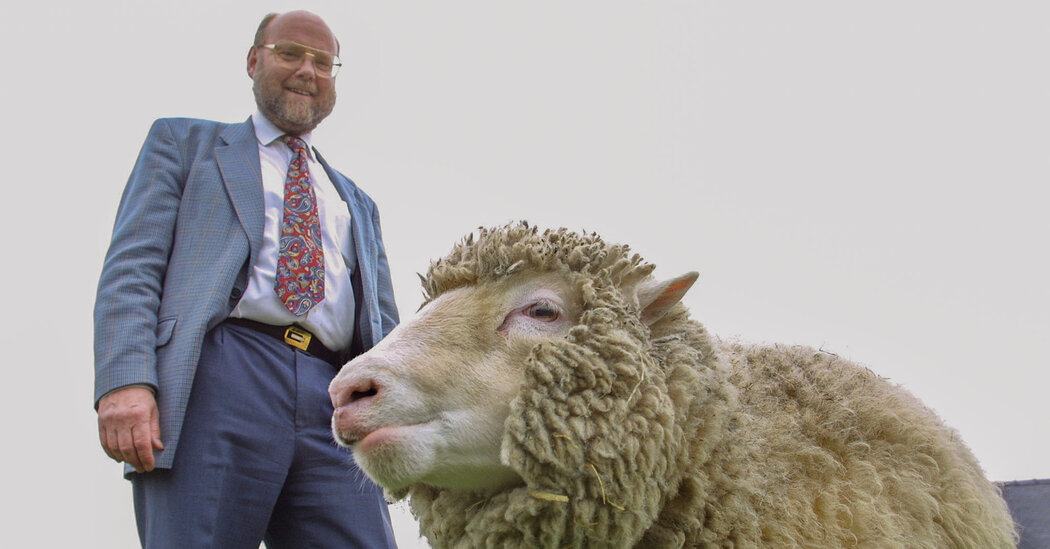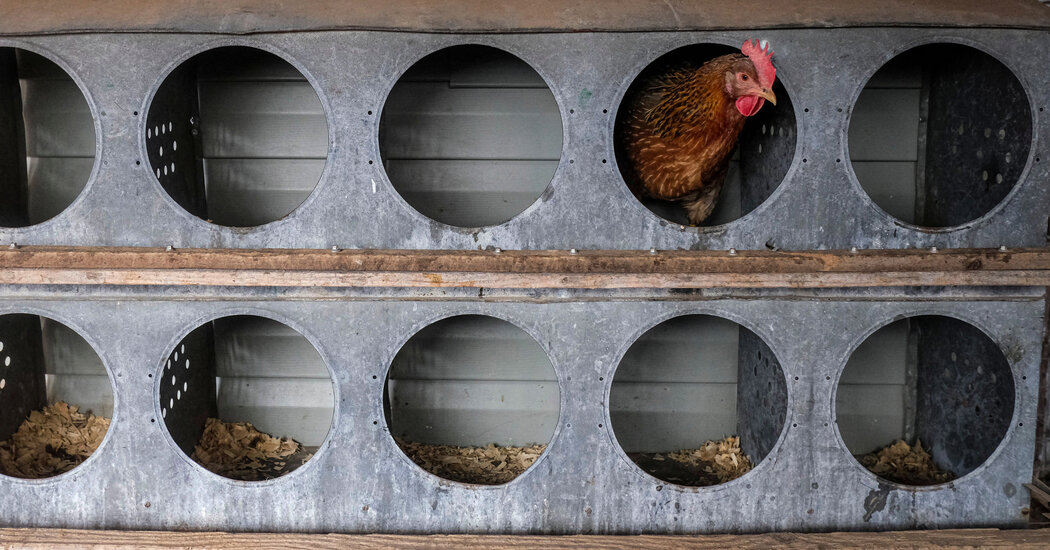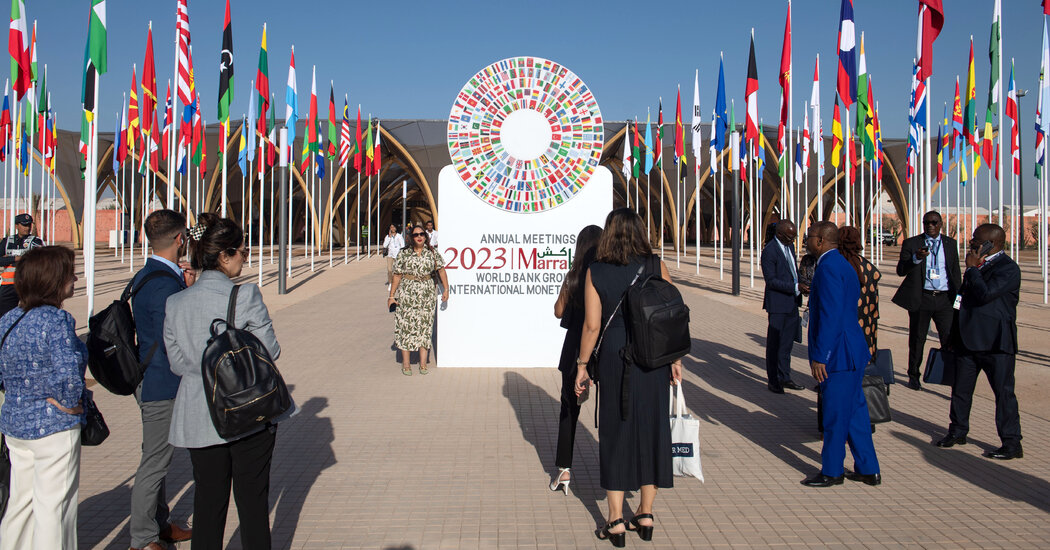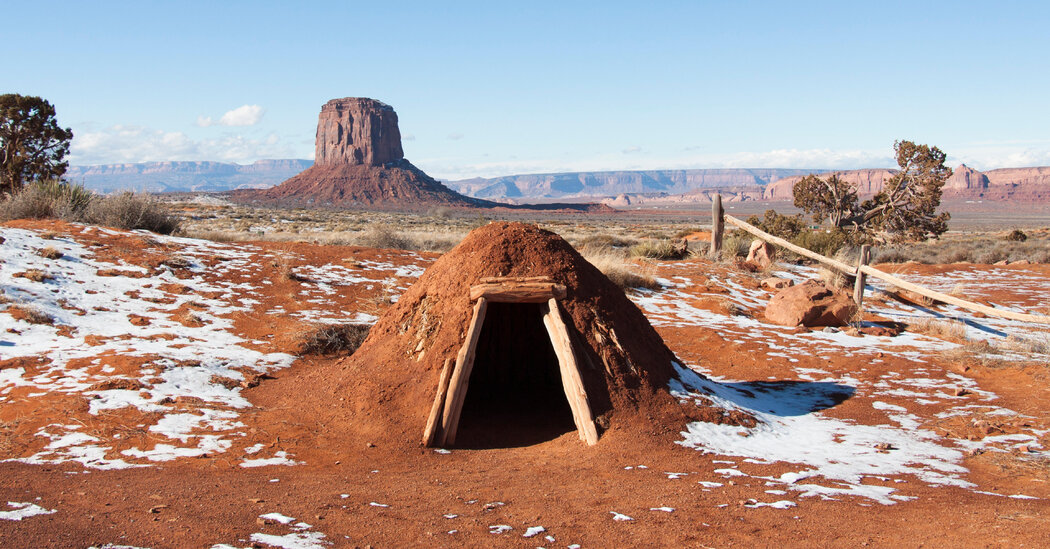Ian Wilmut, the British scientist who led the project that cloned a mammal for the first time, Dolly the sheep, shocking scientists who had thought that cloning was impossible, has died. He was 79.
His death on Sunday after a long illness with Parkinson’s disease was announced by the Roslin Institute, a research center near Edinburgh, where Dr. Wilmut had worked for decades.
Dr. Wilmut and his team announced the remarkable birth of Dolly in February 1997, creating a media frenzy and raising questions about the ethics of cloning. Dolly’s birth to a surrogate mother at the Roslin Institute on July 5, 1996, had been shrouded in secrecy for months.
Dolly, who was named after the singer Dolly Parton, died in February 2003 at age 6 after a brief lung infection. She has been on display at the National Museum of Scotland since 2003.
“She’s been a friendly face of science,” Dr. Wilmut said in an interview with The New York Times after her death. “She was a very friendly animal that was part of a big scientific breakthrough.”
Dr. Wilmut was born near Stratford-upon-Avon, England, to two teachers and became interested in biology at school. He studied animal science at the University of Nottingham and obtained a Ph.D. at the University of Cambridge, where his studies concentrated on the preservation of semen and embryos by freezing.
He continued to work as an embryologist in Scotland and did research to genetically modify and clone sheep, in an attempt to create milk containing proteins used to treat human diseases and to make stem cells that could be used in regenerative medicine.
In 2005, he moved to the University of Edinburgh, from which he retired in 2012. He received a knighthood in 2008, according to the Roslin Institute.
In 2018, Dr. Wilmut, who lived in Scotland, said that he had Parkinson’s disease and that he would participate in a research program to test new types of treatments intended to slow the disease, which affects the part of the brain that controls movement.
Dr. Wilmut is survived by his wife, Sara, and three children from his first marriage, Naomi, Helen and Dean. He has five grandchildren.











